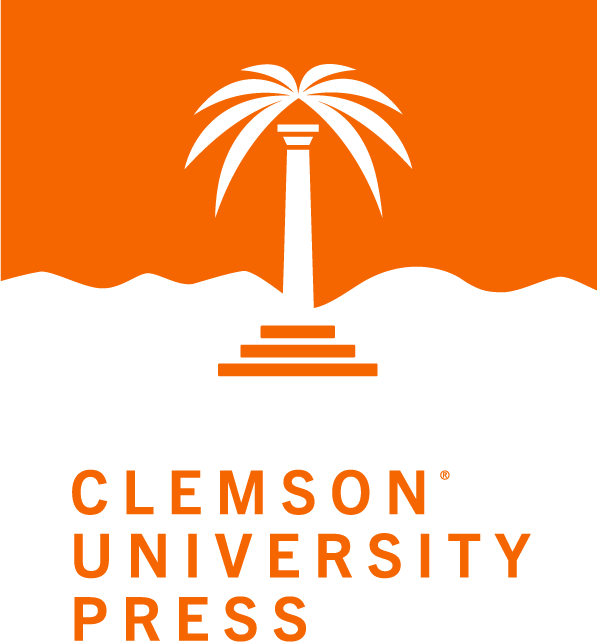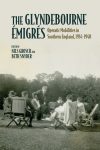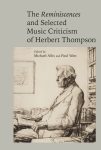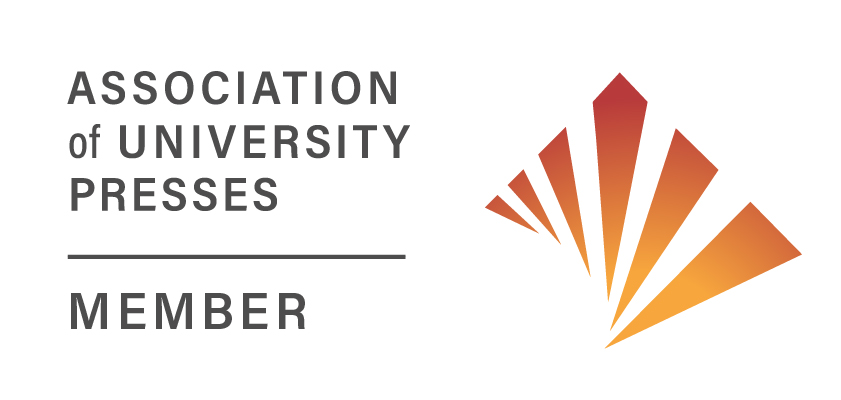Opera and British Print Culture in the Long Nineteenth Century
Edited by Christina Fuhrmann and Alison Mero
Opera and British Print Culture in the Long Nineteenth Century explores the multiple points of interaction between British opera, print culture, and music in the long nineteenth century. Past scholarship has often used print as a simple conduit for information about opera in Britain, but this book embeds opera within the culture of Britain in the long nineteenth century, a culture inundated by print. The essays analyze how print culture both disseminated and shaped operatic culture; how the businesses of opera production and publishing intertwined; how performers and impresarios used print culture to cultivate their public persona; how issues of nationalism, class, and gender impacted reception in the periodical press; and how opera intertwined with literature, not only drawing source material from novels and plays, but also as a plot element in literary works or as a point of friction in literary circles. As the growth of digital humanities increases access to print sources, and as opera scholars move away from a focus on operas as isolated works, this study points the way forward to a richer understanding of the intersections between opera and print culture.
Winner of the 2024 H. Robert Cohen/RIPM Award from the American Musicological Society.
About the Editors
Christina Fuhrmann is Professor of Music at Baldwin Wallace University Conservatory of Music and edits BACH: Journal of the Riemenschneider Bach Institute. Her research has been published in venues such as The Oxford Handbook of the British Musical, Nineteenth-Century Music Review, and The Encyclopedia of Romantic Literature. Her book, Foreign Opera at the London Playhouses, from Mozart to Bellini (Cambridge University Press, 2015) received the Diana McVeagh Prize for Best Book on British Music, awarded biennially by the North American British Music Studies Association.
Alison Mero holds a PhD from Indiana University. Her research focuses on the discourse surrounding English-language opera in the nineteenth century. She has published in Notes and has an essay in Musicians of Bath and Beyond edited by Nicholas Temperley (Boydell, 2016). Currently she is executive managing editor at Clemson University Press where she acquires titles in music and manages production for all of Clemson’s academic books.
TABLE OF CONTENTS
Introduction | Christina Fuhrmann and Alison Mero
I. The Interdependence of Print and Opera
1. Peter Horton, “‘Mr Hawes is Mr Hawes’: Opera and Music Publishing in Early Nineteenth-Century London”
2. Christina Fuhrmann, “Giovanni in Print”
II. Shaping a Public Persona
3. Jennifer Hall-Witt, “Authoring the Managerial Memoir: Print Culture and John Ebers’s Seven Years of the King’s Theatre (1828)”
4. Matildie Wium, “‘Domestic Affliction’ and a ‘Relaxed Throat’: Reporting on the Tribulations of Mary Shaw”
III. Shaping National Identity
5. Jennifer Oates, “The ‘Failure’ of Provincial Opera: Nineteenth-Century Opera and Print Culture in Edinburgh”
6. Timothy Love, “A Special Battlefield: Opera and Print Culture in Nineteenth-Century Ireland”
7. Maria McHale, “Opera as Gaeilge: Revivalism and Reception in Fin de Siècle Irish Opera”
IV. Shaping Taste
8. Michelle Meinhart, “A ‘Cosy Corner Chat’ about Opera: Fashioning New Femininities in The Gentlewoman and The Lady, 1885–1914”
9. Charles McGuire, “Wagner, the British Press, and Taste Education at the British Musical Festival, 1869–1914”
V. Operatic Literature, Literary Opera
10. Julia Grella O’Connell, “British Wagnerism, George Moore, and Popular Print Culture at the End of the Long Nineteenth Century”
11. James Grande, “Music and Magazines: Dissenting from Opera in the Print Public Sphere”
12. Phyllis Weliver, “Wanting More: Oliver Twist as Beggar’s Opera”
Afterword | Leanne Langley
“…Together, the essays in this volume illuminate how opera – ‘a living, performative art’ – was brought to life and into the homes of thousands through the ‘static’ medium of newspapers and periodicals, librettos and scores, playbills and many other forms of print culture. Each of the book’s twelve chapters contributes significantly to the scholarship of nineteenth-century opera, highlighting a series of interactions between opera and print including how performers and impresario leveraged an array of publications to shape their public personas; how opera became intertwined with literature, serving as sources of inspiration and points of contention in literary circles; and how issues of nationalism, class, and gender permeated various forms of writing about opera composers, music, and performances.”
— Cohen/RIPM Award committee, American Musicological Society
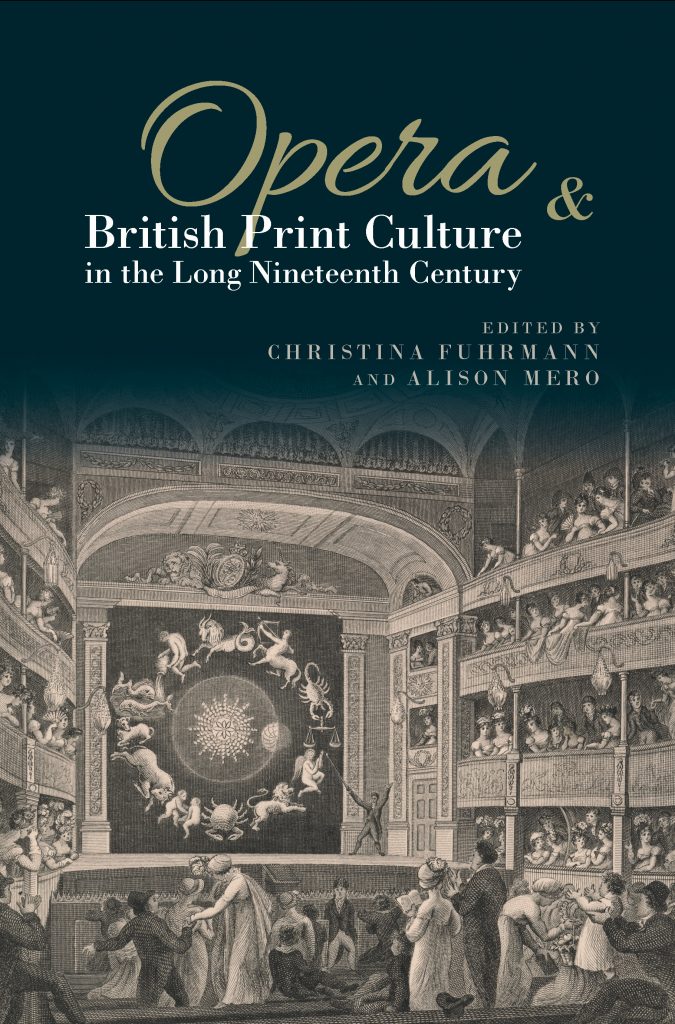
Details
Pages: 392 pages
Published: March 2023
Formats
Hardback
ISBN: 978-1-638-04042-2
eBook
ISBN: 978-1-63804-043-9
Subjects
MusicSeries
Studies in British Musical Cultures